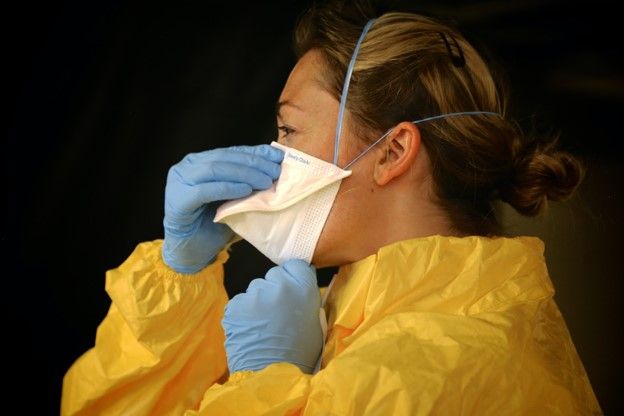
Did you know that 2020 is the Year of the Nurse and Midwife?
Frontline health workers play a key role in providing health services around the world. They do everything from providing basic health services to administering vaccinations. Oftentimes, they are the first, and only, connection to healthcare services in remote communities.
Nurses and midwives comprise the largest group of frontline healthcare professionals and provide care to diverse groups of people across their lifespans. Keep reading to learn more about the vital role they play in driving progress for gender equality, sustainable development and improving health, rights and wellbeing for all!
On the frontlines, it is easy to see the impact that nurses and midwives have in their communities. They deliver babies, give immunizations and care for our aging population and much more. They also play a leadership role in advancing gender equality within healthcare systems and broader social, political and economic structures. As leaders, midwives and nurses:
Nurses and midwives play a critical role championing responses to a range of gender challenges that affect the health, rights and well-being of women and children around the world.
The work of nurses and midwives is crucial to progress towards achieving the Sustainable Development Goals (SDGs) by 2030. These 17 goals act as a blueprint to achieve a better and more sustainable future for everyone across a broad range of issues at the individual and community level. While the link between nurses and midwives to SDG3, Good Health and Wellbeing, is clear, they also have a major impact on the development and delivery of other SDGs that have social and economic factors that link to an individual’s health:
● Ending Poverty (SDG1)
● Quality Education (SDG4)
● Gender Equality (SDG5)
Currently, 22 million nurses and 2 million midwives globally deliver 80 percent of all healthcare services in low-resource settings. In these settings, they deliver services that address their impacts between wider conditions and individual and population health. This is why nurses are not only critical to individual health optimization but to achieving the SDGs.
The global health workforce has a vital role in building communities. In fact, nurses account for 90% of interactions between health professionals and patients and midwives are responsible for providing 87 percent of sexual, reproductive, and maternal health services. As the key link of communities to the healthcare system, these groups are responsible for ensuring that people of all ages are getting the quality care they need for their health and well-being.
To meet rising healthcare demands the world will need 9 million more nurses and midwives by 2030. This is why we need to continue to support nurses and midwives because their work ensures a safe and healthy future for everyone! Let us know: how has a nurse or midwife made a difference in your life? Connect with us on our social media: Facebook, Twitter, Instagram.